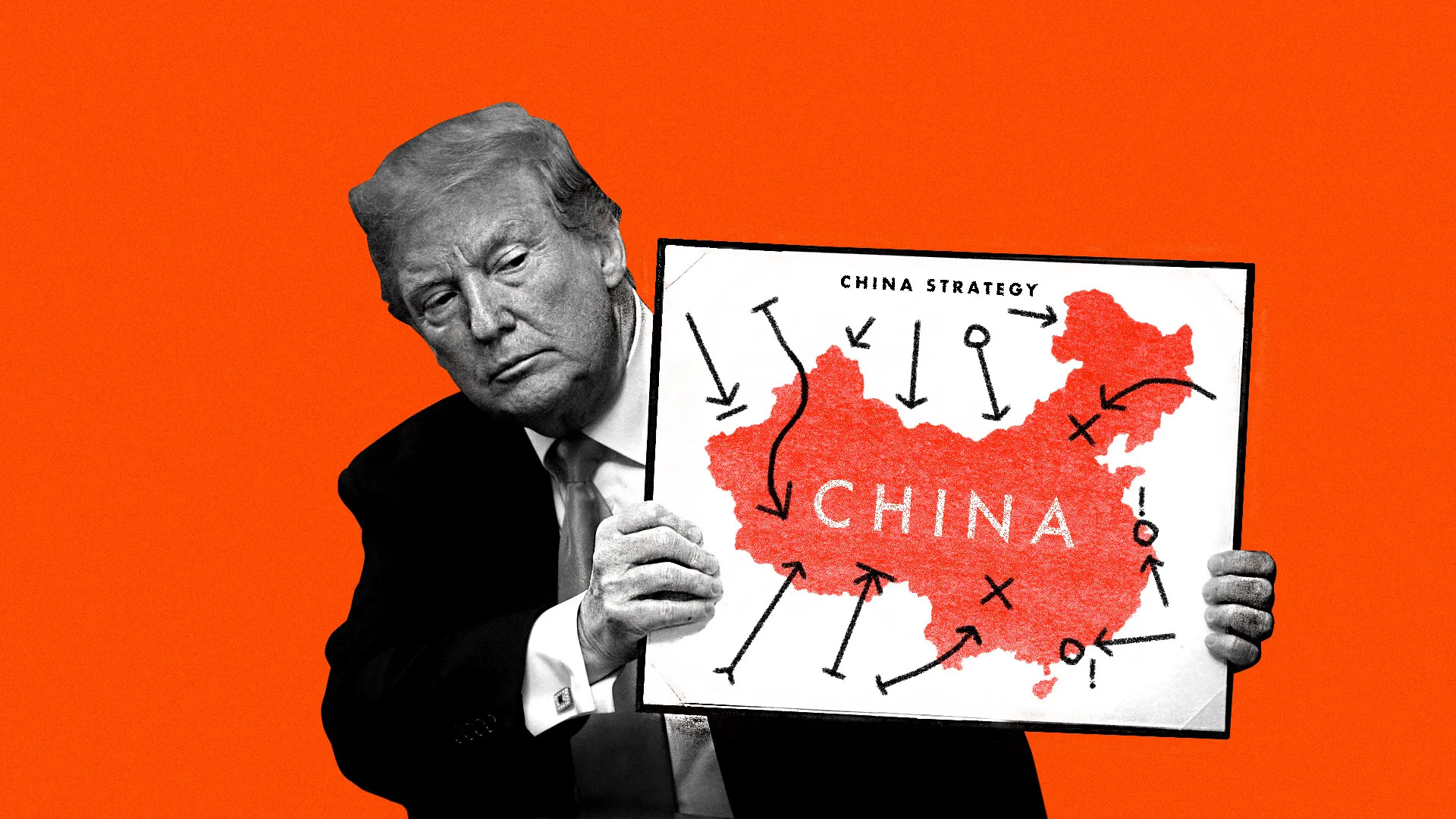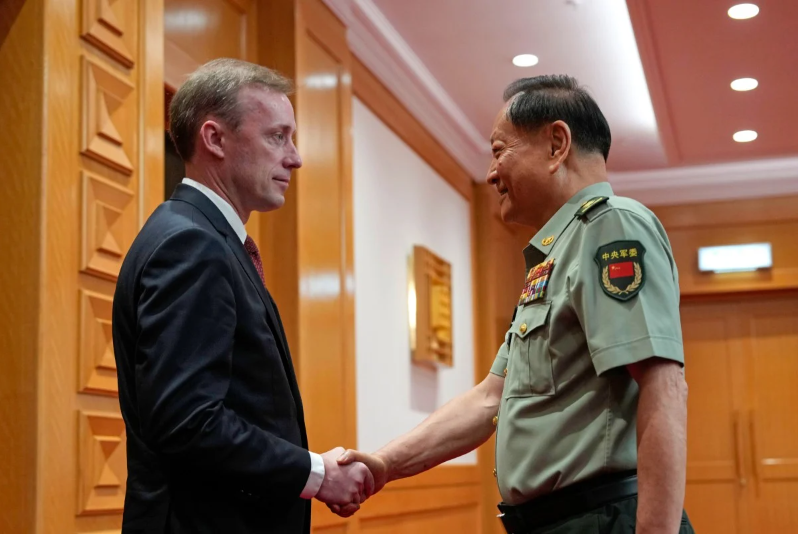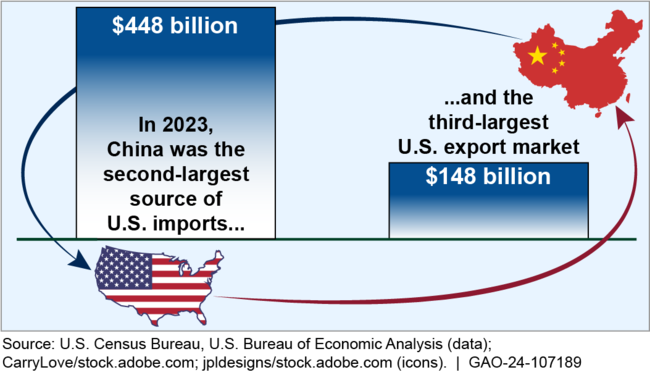
Dec 20, 2024
Rick Waters is the managing director of Eurasia Group’s China practice. He previously served as the U.S. State Department’s inaugural director of the Office of China Coordination (China House) and as Deputy Assistant Secretary of State for China, Taiwan, and Mongolia in the Biden administration. In a recent interview with James Chau of China-US Focus in Tokyo, Rick Waters addresses potential risks and possible cooperation between the U.S. and China.

Dec 20, 2024
Daniel Russel is vice-president for international security and diplomacy at the Asia Society Policy Institute. He previously served as special assistant to U.S. President Barack Obama and Assistant Secretary of State for East Asian and Pacific affairs at the U.S. State Department from 2013 to 2017. He was a major figure in the Obama administration's "pivot towards Asia" strategy. In a recent interview with James Chau of China-US Focus in Tokyo, Daniel Russel shares his concerns on U.S.-China rivalry in new technologies and its impact on bilateral relations and the globe as well.

Dan Steinbock, Founder, Difference Group
Dec 20, 2024
The Trump White House is likely to ignite another round of inflation in new trade and tech wars. And that could drive U.S.-China ties to the edge.

Zhu Junwei, Director, Center for American Studies, Grandview Institution
Dec 13, 2024
To avoid misunderstandings that could escalate into conflict, China and the United States must come to agreement about what strategic stability means. The concept is interwoven with the basic assumptions of each side as they negotiate, but their current mismatch is serious and undermines success.
Sun Chenghao, Fellow, Center for International Security and Strategy of Tsinghua University; Munich Young Leader 2025
Sep 30, 2024
If both sides maintain a rational and pragmatic understanding of each other and continue on a path of patient, stable communication — looking for opportunities to close seemingly impossible gaps — then a positive outcome is still in the game.
Philip Cunningham, Independent Scholar
Sep 21, 2024
As U.S.-China relations face mounting tension and uncertainty, reflecting on the early days of cultural exchange in the 1980s reveals a simpler time of optimism, goodwill, and mutual curiosity. While today's challenges are formidable, the shared experiences of those who helped build these ties offer a reminder that, even in times of difficulty, there remains potential for collaboration and understanding.

Zhao Minghao, Professor, Institute of International Studies at Fudan University, and China Forum Expert
Sep 13, 2024
The recent visit to Beijing by Jake Sullivan, the U.S. national security adviser, revealed some new trends in the development of relations. Both sides wish to preserve stability against the backdrop of U.S. presidential elections and — to use a significant phrase — move forward.

Richard Weitz, Senior Fellow, Hudson Institute
Sep 06, 2024
Nuclear deterrence has been a defining characteristic of international security for nearly a century now. Already having weathered one Cold War, could China push the U.S. over the edge towards an all-out arms race in the 21st Century?

Lei Shaohua, Associate Professor at School of International Studies, and Research Fellow at Institute of International and Strategic Studies, Peking University
Aug 05, 2024
The current state of bilateral relations in agriculture, services and NEVs underscores the fact that engagement and cooperation underpinned by self-confidence and mutual trust are essential prerequisites for a more promising future in China-U.S. relations.
Li Zheng, Assistant Research Processor, China Institutes of Contemporary International Relations
Jul 19, 2024
The two sides need to actively explore new models of cooperation with an open attitude to realize development together. How they balance competition and cooperation will not only affect their own relations but also the direction of the world.